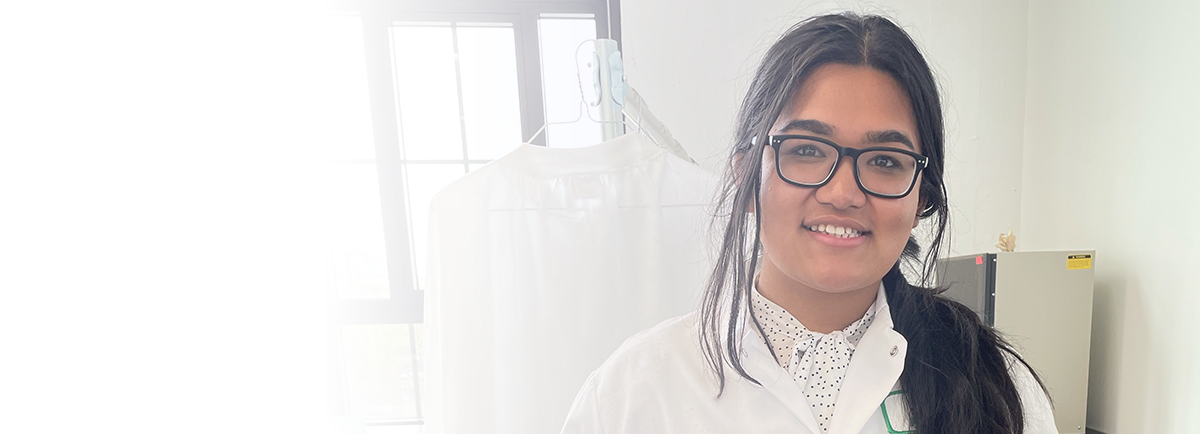Massachusetts is home to world-renowned academic institutions with an educated workforce second to none. At the Massachusetts Life Sciences Center (MLSC), we know that having a successful talent pipeline is the cornerstone of what drives so many students, professionals, and companies to the Commonwealth. We also know that it’s essential for us to build our workforce from within and spark interest in the life sciences for young Massachusetts residents as early as possible. That’s why the MLSC offers an array of programs investing in the talent pipeline, from STEM education investments in middle and high schools, to offering real-world experiences through internships for high school and college students. The MLSC has also provided transformational investments in community-based non-profit organizations that support hands-on STEM learning.
Our programs and partnerships support students’ academics and career growth while fostering a rich passion for the life sciences. This includes Breetika Maharjan, of Everett, Massachusetts, who is currently a sophomore at Yale University. She immigrated to Massachusetts from Nepal when she was three years old. She has fond memories of her pediatrician and credits her for instilling in her the importance and power someone can have to help others, explaining how “it was later that I discovered the field of science and the ability to aid many people at once which enthralled my passion and piqued my interest for finding therapeutics to combat various diseases.”
As a sophomore at Everett High School, Breetika was introduced to the LEAH Knox Scholars program, administered by Health Resources in Action in partnership with MIT’s Department of Biology, and made possible with funding from the NIH and the MLSC’s High School Apprenticeship Challenge. Since 2016, the MLSC has supported 730 high school internships with more than $3.2 million in funding, including $713,723 in direct funding for the LEAH program. Breetika’s apprenticeship with LEAH Knox opened the door to a multitude of new opportunities, including the BioBuilder High School Apprentice Challenge Program with Ginkgo Bioworks. As a senior in high school, her internship at the BioBuilder organization provided her with valuable wet lab experiences and professional development skills.
Following her first year in college, Breetika secured another internship opportunity through Project Onramp, interning with MassBio as an Innovation Intern. As part of an ongoing and strategic effort to support the development of a diverse workforce talent pipeline for the life sciences industry, the MLSC is a proud partner and sponsor of Project Onramp. The program creates paid summer internships for Massachusetts college students who are under-resourced and often first-generation, helping to bridge the opportunity gap for these promising young people. Project Onramp also provides wraparound training and support for interns and their supervisors.
The MLSC also offers an internship program for college students, the Internship Challenge, which enhances the talent pipeline for the Massachusetts life sciences ecosystem by creating hundreds of new internship opportunities each year. Since its inception, the program has funded more than 6,400 high school and college internships at more than 1,030 organizations.
As Breetika continues her exploration of the life sciences, she is most energized and interested in researching women’s health, specifically unmet needs like endometriosis or polycystic ovary syndrome. “These conditions for women are so widespread and affect a large population but these fields need more research,” said Breetika. “I would love to focus on women’s health research in the lab to find the answers to questions when it comes to women’s health diseases.”
The Commonwealth offers its future life science career seekers a unique combination of real-world experiences and hands-on training thanks to collaboration between industry, academia, and government—all helping build a talent pipeline like no other. With passionate students like Breetika, Massachusetts will remain the home to the world’s most verdant and productive life sciences ecosystem. An ecosystem where opportunities are bountiful for anyone.



